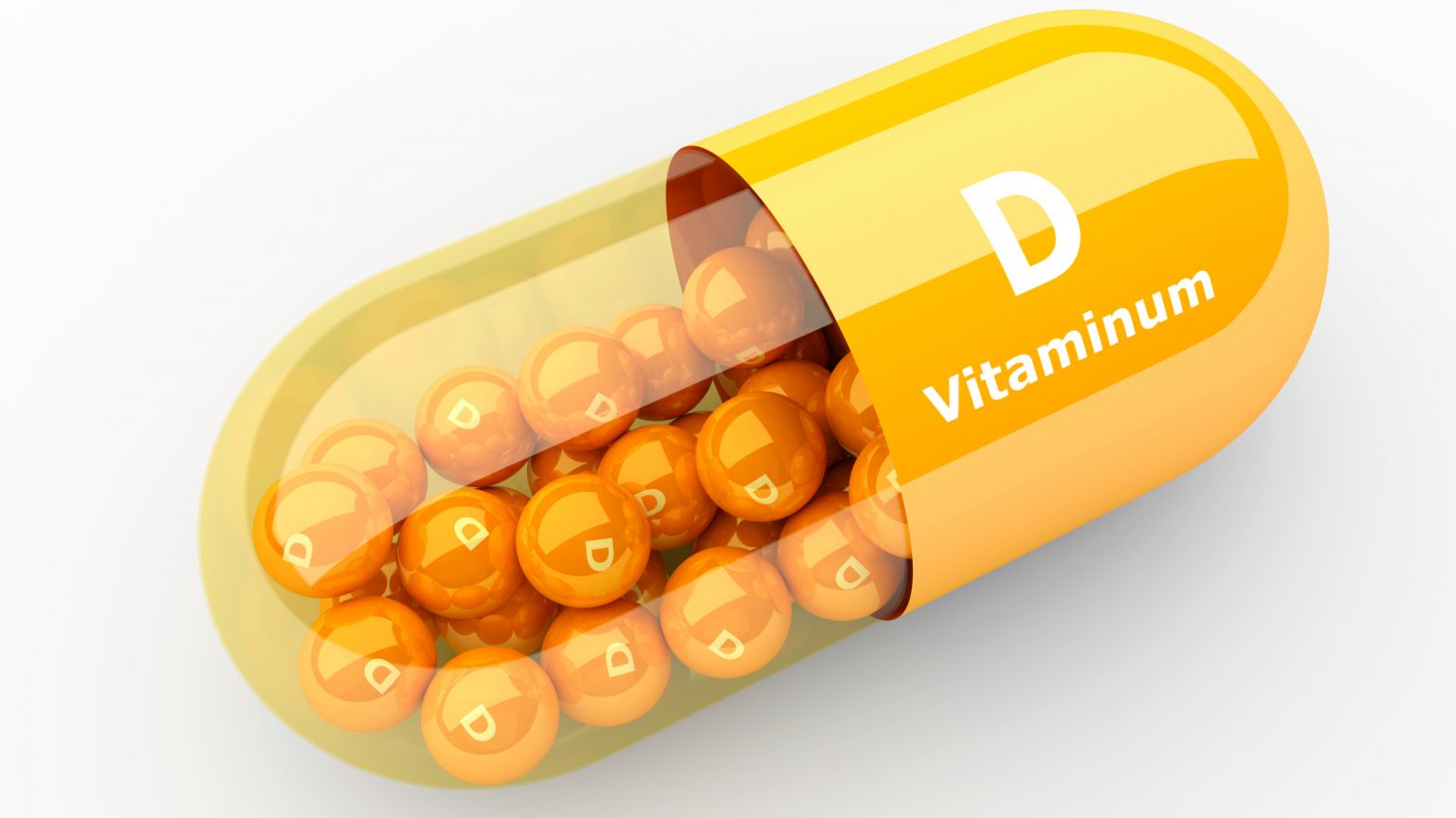Introduction
Vitamin D3, also known as cholecalciferol, is a fat-soluble vitamin with a wide range of essential functions in the body. Beyond its primary role in calcium and bone metabolism, vitamin D3 is involved in numerous other biological processes. In this comprehensive guide, we will explore the various benefits of vitamin D3, its sources, recommended intake, and the potential risks associated with deficiency.
Vitamin D3
Vitamin D3 is a crucial nutrient that the body synthesizes when exposed to sunlight. It plays a fundamental role in maintaining overall health, and this guide will delve into its many advantages.
Vitamin D3 and Calcium Absorption
One of the most well-known functions of vitamin D3 is its role in calcium absorption. We’ll discuss how vitamin D3 enhances the body’s ability to absorb calcium from the diet, promoting strong bones and preventing conditions like osteoporosis.
Bone Health and the Prevention of Osteoporosis
Vitamin D3 is essential for maintaining bone health, and it’s particularly important for preventing osteoporosis, a condition characterized by brittle and weak bones. We’ll explore how adequate vitamin D3 levels can help reduce the risk of fractures and maintain bone density.
Immune System Support
Emerging research suggests a connection between vitamin D3 and immune system support. We’ll discuss how vitamin D3 influences the immune response, helps protect against infections, and may reduce the severity and duration of illnesses, such as the common cold and flu.
Vitamin D3 and Mental Health
Recent studies have highlighted a potential link between vitamin D3 and mental health. We’ll explore how vitamin D3 may play a role in mood regulation, reduce the risk of depression, and potentially improve symptoms in individuals with mood disorders.
Cardiovascular Health and Blood Pressure Regulation
Vitamin D3 is associated with various cardiovascular benefits, including its role in regulating blood pressure and reducing the risk of heart disease. We’ll delve into the mechanisms behind these effects and discuss how vitamin D3 can support a healthy heart.
Cancer Prevention and Treatment
Research suggests a possible role for vitamin D3 in cancer prevention and treatment. We’ll explore the relationship between vitamin D3 and the reduction of cancer risks, particularly for breast, prostate, and colon cancers, and its potential role as an adjuvant in cancer therapy.
Sources of Vitamin D3
Understanding the dietary and natural sources of vitamin D3 is essential for maintaining optimal health. We will provide an extensive list of vitamin D3-rich foods, such as fatty fish, egg yolks, and fortified dairy products. Additionally, we’ll discuss how the body produces vitamin D3 when exposed to sunlight and provide insights into the right balance between sun exposure and skin protection.
Recommended Dietary Intake and Supplements
Understanding the recommended daily intake of vitamin D3 is crucial for maintaining optimal health. We’ll explore the dietary reference intake (DRI) values for different age groups and discuss the potential benefits of vitamin D3 supplements. Additionally, we’ll provide guidance on choosing the right vitamin D3 supplement, dosage recommendations, and considerations for specific populations.
Risks and Symptoms of Vitamin D3 Deficiency
Recognizing the signs and risks of vitamin D3 deficiency is essential for early intervention. We will outline the common symptoms of deficiency, such as bone pain, muscle weakness, and a weakened immune system. Additionally, we’ll discuss the specific groups at higher risk of developing vitamin D3 deficiency, such as people with limited sun exposure, older adults, and individuals with certain medical conditions.
Vitamin D3 Supplementation: Pros and Cons
While supplements can be a valuable tool in addressing vitamin D3 deficiency and supporting overall health, they are not without potential drawbacks. We’ll weigh the pros and cons of vitamin D3 supplementation, discussing factors like effectiveness, safety, and potential interactions with other medications. Understanding the nuances of vitamin D3 supplementation can help individuals make informed choices regarding their health.
Special Considerations for Vitamin D3
Certain situations may require additional attention when it comes to vitamin D3. We’ll explore specific scenarios, such as pregnancy and breastfeeding, athletic performance, and the role of vitamin D3 in autoimmune diseases, providing insights into how vitamin D3 can be particularly beneficial in these contexts.
Conclusion
Vitamin D3 is a remarkable nutrient with a multitude of benefits, from its role in calcium absorption to immune system support, mental health, cardiovascular health, and beyond. Recognizing the signs of deficiency, understanding dietary sources, and considering supplementation when necessary are essential steps in harnessing the numerous advantages of vitamin D3 for overall health and well-being. By following the insights provided in this comprehensive guide, individuals can take proactive measures to promote good health and enjoy the many benefits that vitamin D3 has to offer.
- What Breaks a Fast? Foods, Drinks, and Supplements - April 29, 2024
- Benefits of Vitamin D3 - October 14, 2023
- Do Vegetarians Eat Eggs? - July 6, 2023

